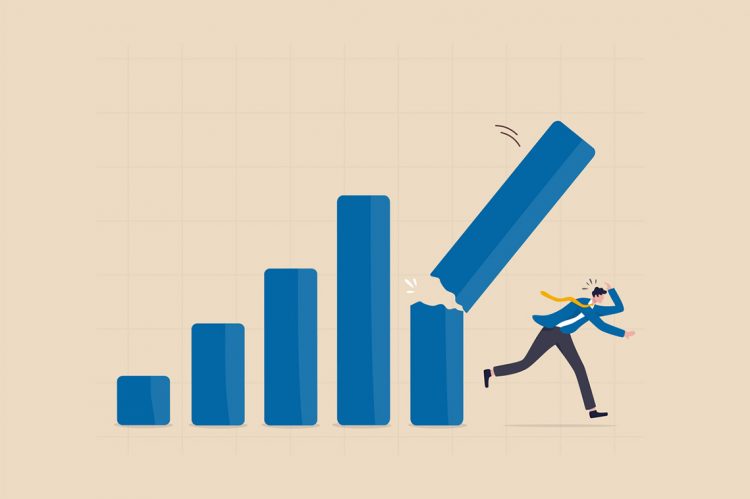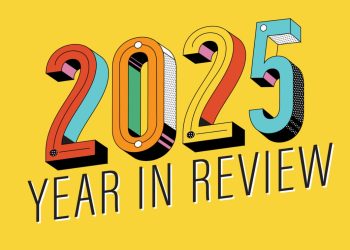Non-profit economic think tank The Conference Board saw its Leading Economic Index (LEI) fall for the fifth month in July as recession risks remain a clear danger to the country heading into the fall.
The LEI, which relies on a broad swath of big-picture macroeconomic metrics including manufacturing orders, housing permits and stock prices, fell 0.4% last month, down 1.6% this year after rising an identical 1.6% for the last six months of 2021.
“Consumer pessimism and equity market volatility as well as slowing labor markets, housing construction, and manufacturing new orders suggest that economic weakness will intensify and spread more broadly throughout the US economy,” said Ataman Ozyildirim, senior director at The Conference Board, in a statement.
The takeaway
Excluding a sharp fall at the beginning of 2020, the LEI is now at its lowest level since the 2008 financial crisis. Meant to “signal peaks and troughs in the business cycle,” the index had been accelerating since around April of 2020 before its current decline.
In the summer of 2021, The Conference Board predicted 3.8% real GDP growth in 2022 based on the LEI and other data at the time.
Now, with disruptions from the war in Ukraine and historically high worldwide inflation, the Conference Board estimates 1.3% growth in real GDP, with even more stifled economic activity in 2023.
“The Conference Board projects the US economy will not expand in the third quarter and could tip into a short but mild recession by the end of the year or early 2023,” Ozyildirim said.












